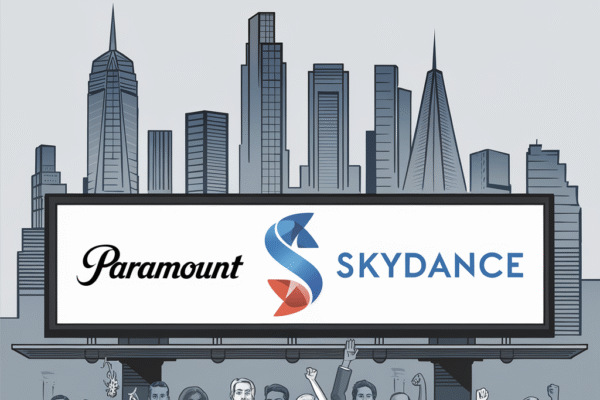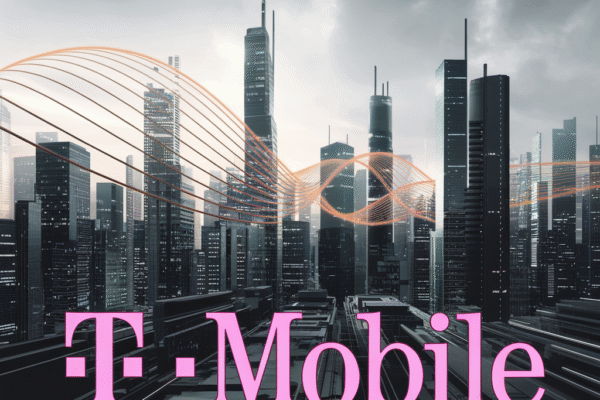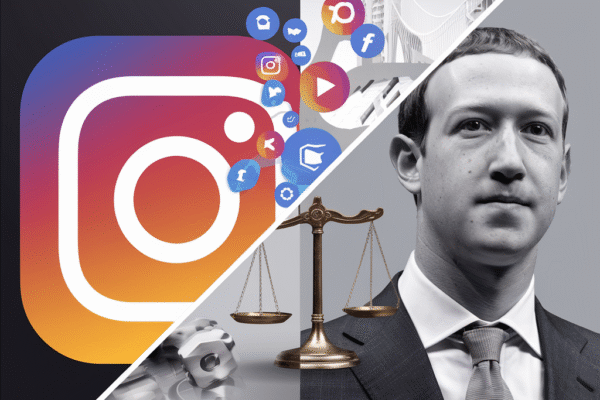Social, Twitter, Elon Musk, X, Mergers and Acquisitions – Key Highlights
- Elon Musk’s $44 billion acquisition of Twitter, financed by a $13 billion loan from banks, has raised concerns about potential regrets within the banking sector.
- Rising interest rates and tightened credit conditions have increased the risk associated with high-stakes loans, particularly in the tech sector.
- Musk’s vision of transforming Twitter into a more robust social media platform, rebranded as X, has faced challenges in maintaining user engagement and generating revenue.
- Bank analysts have expressed misgivings about the loan’s impact on balance sheets and credit ratings, given Twitter’s underwhelming financial performance.
- Historical examples, such as the AOL-Time Warner merger and Yahoo’s acquisitions, highlight the risks and potential consequences of failed M&A deals.
Navigating the Current Financial Climate
The banking sector is currently navigating a challenging economic landscape characterized by rising interest rates and tightened credit conditions. According to a report by McKinsey, these factors have significantly increased the risk associated with high-risk loans, leading to a decline in loan volumes and an increase in loan defaults, particularly in the tech sector. As a result, lenders have become more cautious about extending large sums to borrowers, heightening the scrutiny surrounding Musk’s acquisition of Twitter.
Musk’s Strategic Maneuvering and Operational Challenges
Elon Musk’s acquisition strategy for Twitter was driven by his vision of transforming the platform into a more robust social media and content-sharing service, rebranded as X. However, as highlighted by Bain & Company, operational changes and revenue generation tactics have been slow to materialize. Musk has faced significant challenges in maintaining user engagement and monetizing the platform effectively, raising concerns about the long-term viability of the business model.
Regrets Within the Banking Sector and Historical Analogies
Bank analysts are increasingly vocal about their misgivings regarding the loan extended to Musk. A study by BCG noted that high-profile M&A transactions often come with significant risks, including the potential for write-downs or even litigation if the deal does not perform as expected. Past high-profile M&A transactions, such as the AOL-Time Warner merger and Yahoo’s various acquisitions, offer valuable lessons on the consequences of failed deals, including financial and reputational damage.
Market Reactions, Stakeholder Perspectives, and Legal Implications
The stock performance of banks involved in the Twitter acquisition has been volatile, with a brief spike followed by a recovery as investors reassess the risks involved. Investor sentiment remains cautious, with many questioning the long-term sustainability of Musk’s strategy for Twitter/X. Industry experts are divided on whether the platform will recover or face further divestments.
Lenders may also face legal and regulatory scrutiny for extending high-stakes loans to Musk. The potential for lawsuits or litigations from stakeholders dissatisfied with financial outcomes is significant. Regulatory bodies such as





